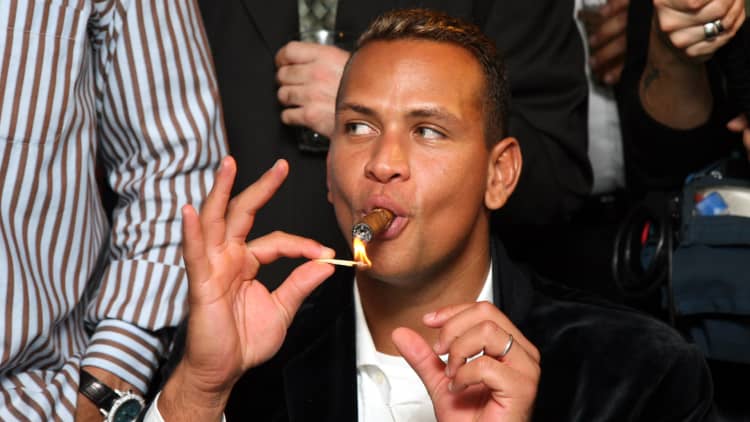For most Americans, learning about money isn't a given. Unless your parents teach you about things like saving and budgeting, you're probably on your own to figure out how to manage money well. As of earlier this year, only 18 states require personal finance education in schools.
Although I was lucky to grow up with parents who taught me the value of money from a young age, there's still so much I wish I knew earlier, from the importance of investing early to just how much taxes can affect take-home pay.
In particular, I wish I knew about Roth individual retirement accounts when I was in high school. Even though they're for retirement savings, anyone with earned income can contribute to one, within certain income limits, and let their money grow tax-free.
While I always put part of my paychecks from summer jobs and part-time work away for the "future," the money just sat in a bank account earning zero interest. Had I opened a Roth at 16, that money would have had so much more time to grow and compound.
In the spirit of Financial Literacy Month, I asked my coworkers what they wish they knew about money when they were younger. Here are seven lessons we learned, so hopefully you don't have to.
Credit card debt adds up quickly
In my 20s, I didn't think much about the interest I was paying on credit card debt, and it probably cost me thousands of dollars. Instead of paying off purchases as soon as possible, I would only pay down credit card debt intermittently, usually just enough to cover the monthly minimum payment.
For what was usually a few hundred dollars of debt, I was spending that amount and more in interest only, over time. I should have focused on cutting back on expenses and paying down the outstanding balance instead. —Mike Winters, money reporter
But credit can be a useful tool
I wish I know more about credit in college and my early 20s. It was always presented to me as a bad thing that I should avoid entirely. —Renee Onque, health and wellness reporter
Nobody told me to get a credit card when I was in college, or at least shortly thereafter, and I wish they had. Instead I was so nervous about making mistakes and ending up in debt that I relied solely on debit cards well into my 20s. —Ester Bloom, Make It deputy managing editor
Shame isn't productive
When you're figuring out how to budget, labeling all of your money decisions "good" or "bad" isn't productive. It just makes you act out of shame.
For example, buying groceries you aren't going to use because you should meal prep your lunch rather than buying a $15 salad. What if you researched cheap options around your workplace instead? —Una Dabiero, contributors editor
Save up, because life is expensive
You'll need more money than you realize for the many surprises life is sure to throw your way. So make sure that savings account is robust! —Gili Malinsky, lead work reporter
Take advantage of a health savings account
My first job came with pretty ho-hum insurance, and since I was a young, healthy person, I went with the high-deductible health plan. I wasn't making much money, so I never bothered investing any of the money I put into it. I wish I had.
Investments bought within an HSA plan come with a triple tax advantage: contributions are made with pre-tax money, your money grows tax-free and you won't owe Uncle Sam a dime in retirement if you withdraw the money and put it toward qualified medical expenses. —Ryan Ermey, senior money reporter
Don't make it easy to spend your savings
Never connect your ATM card to your savings account. Nothing makes money disappear faster. —Elisabeth Cordova, CNBC Digital deputy managing editor
Some 'financial advice' is best ignored
I wish I knew how to cut through the noise of financial advice. There's so much thrown at young people on what they need to be doing right now.
I'd love to know what's actually critical for baseline financial health and what is expendable/something that won't hurt to delay. —Rebecca Picciotto, CNBC digital associate
DON'T MISS: Want to be smarter and more successful with your money, work & life? Sign up for our new newsletter!
CHECK OUT: Try this 30-day money challenge to get smarter and be more successful with your money



